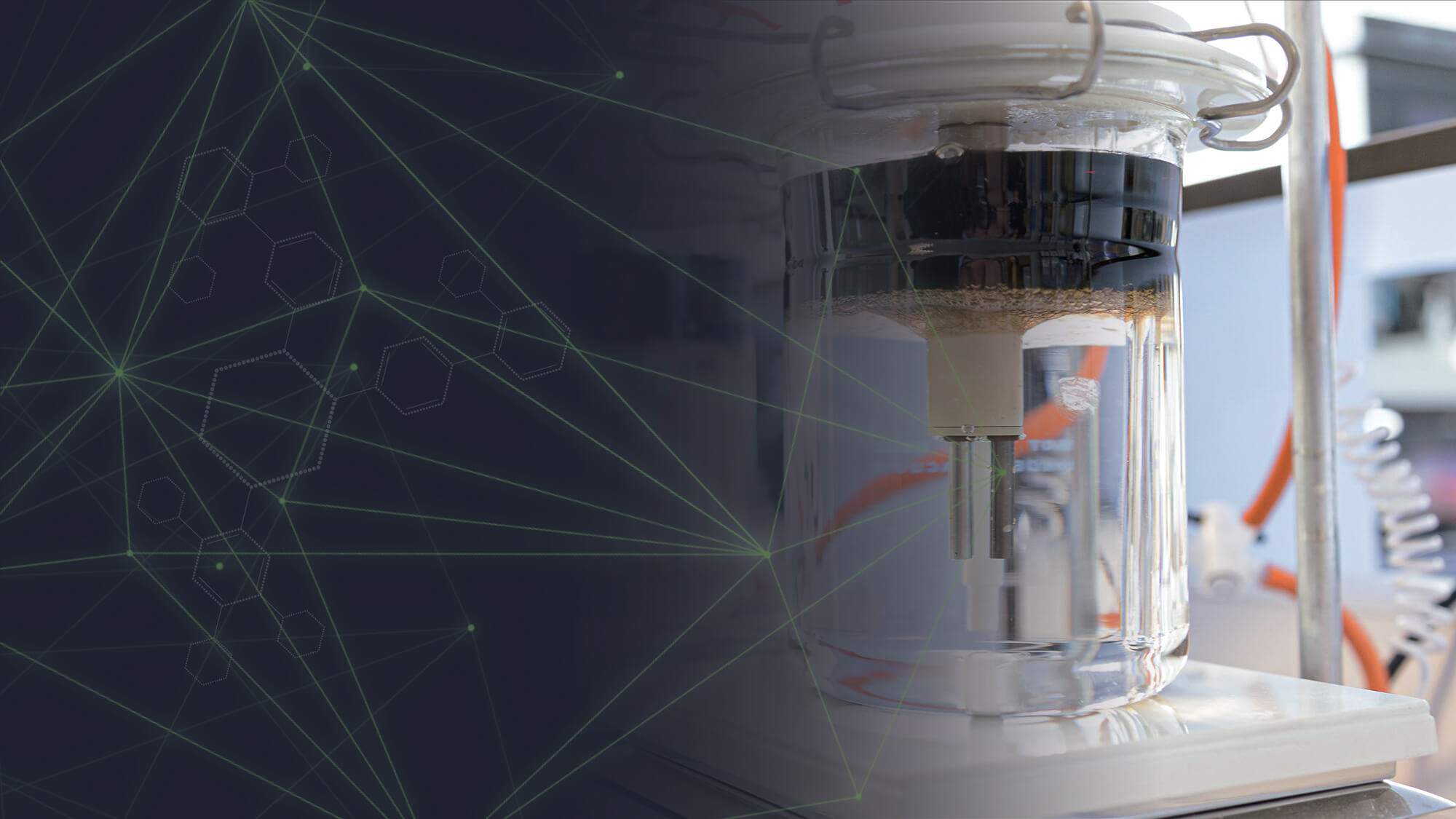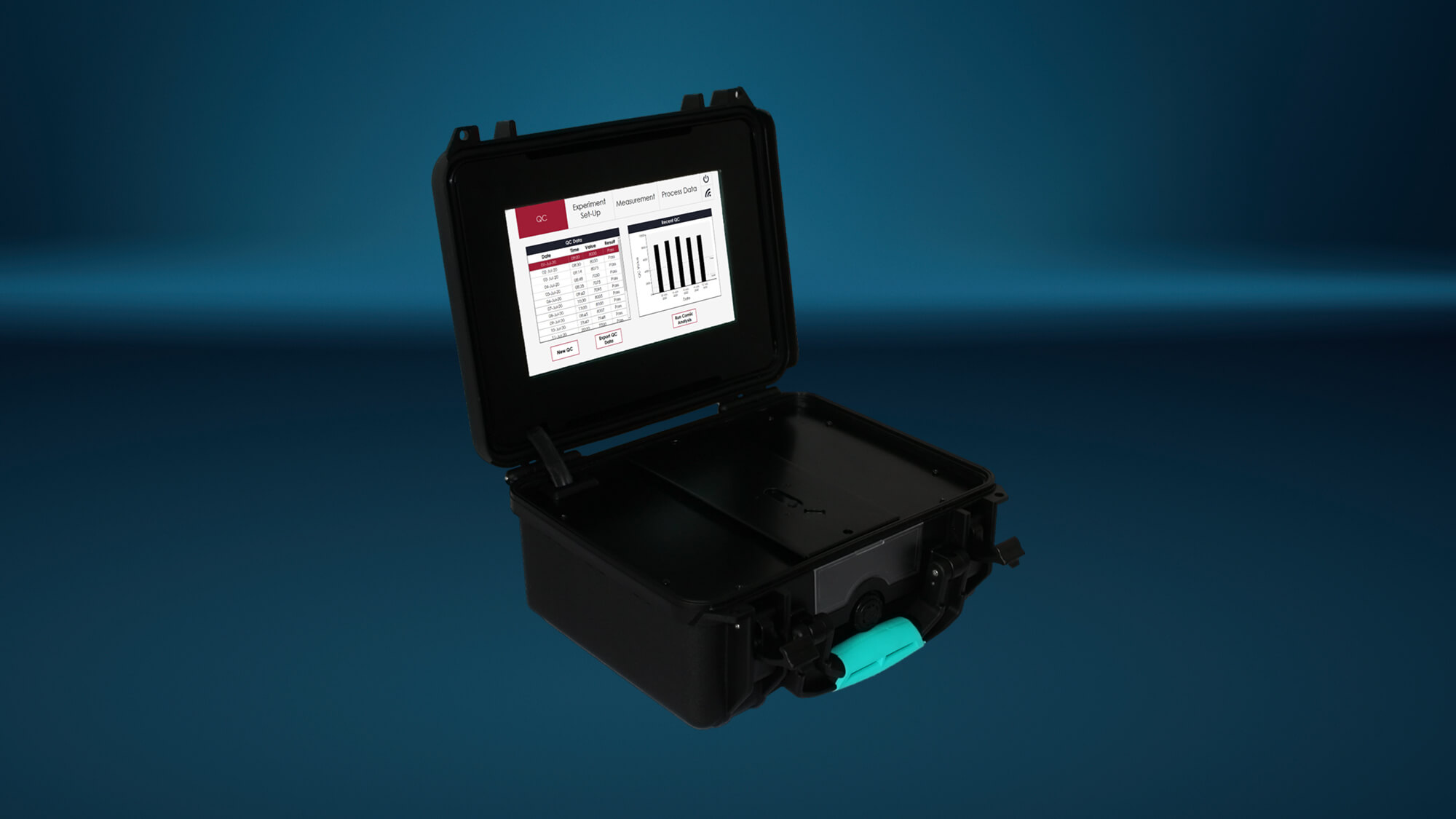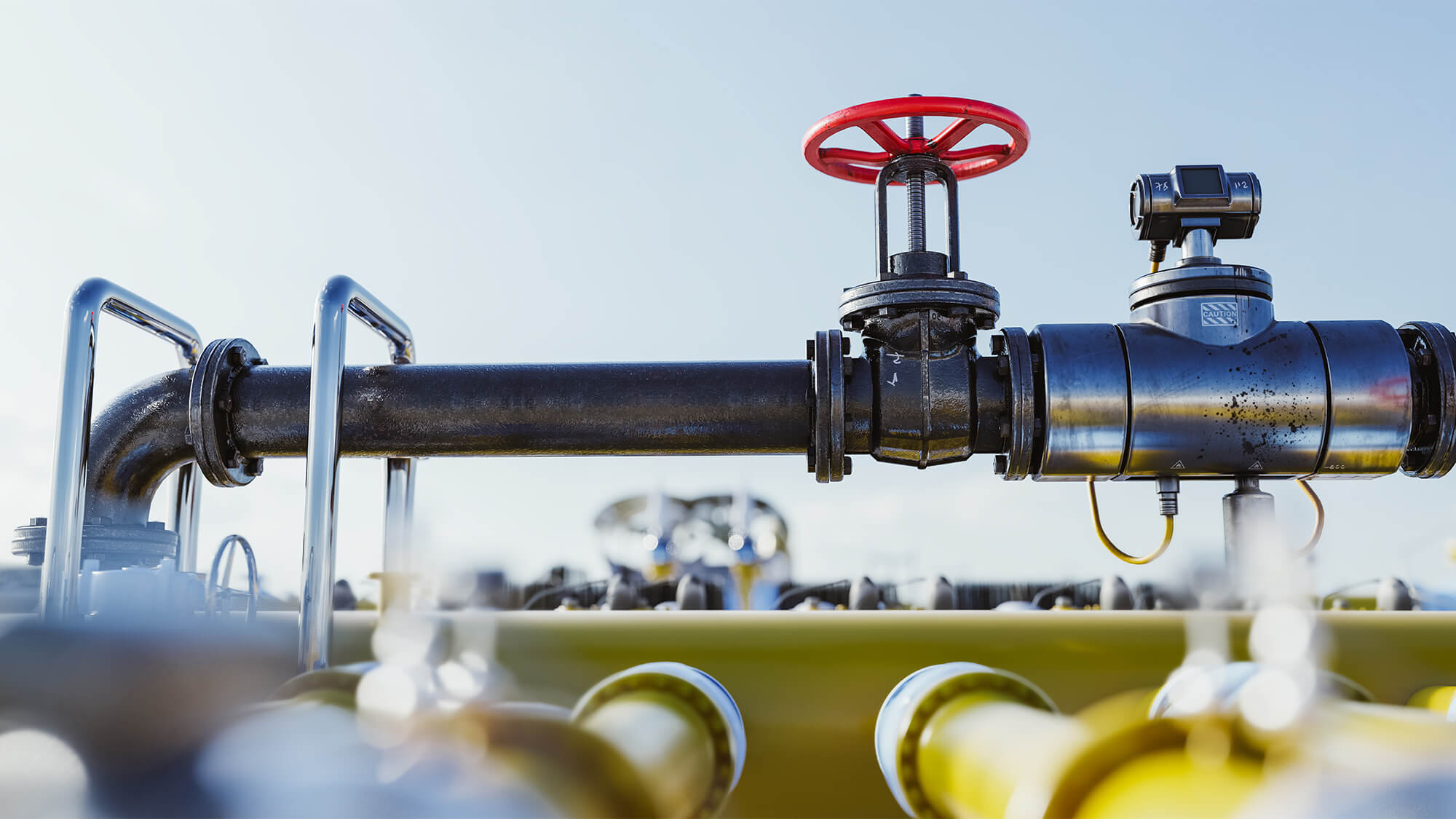We Are Anpera Technologies
Anpera Technologies provide products to protect oil and gas infrastructure from internal corrosion, by enabling the better dosing of surfactant corrosion inhibitors and biocides. We provide our clients with opportunities to reduce chemical costs or minimise leaks, in additional to environmental benefits.
Based in central Scotland, we are evolving the field analysis of corrosion inhibitors - CoMic™ - through micelle-based optimisation. Our products, comprising an optical analyser, consumable reagents and data processing algorithms, are available for sale or hire. We have simplified and automated CoMic, moving it from a service-based analysis to placing it directly in the hands of operators in the field.
Though small, we have global reach through our partner organisations and are proud of our record in supporting customers in the deployment of our technology.

On-Site Micelle Detection
Surfactants are a key component of many water-based corrosion inhibitors, widely used in the oil and gas industry. They function by forming a water-resistant film on the internal surfaces of pipeline walls, preventing corrosive fluids from coming in contact with the steel surface.
Once complete coverage is achieved, surfactant monomer will accumulate in the bulk water until reaching their Critical Micelle Concentration (CMC) at which point they begin to self-assemble to aggregates known as micelles. When detected in production fluids these aggregates can be used to show that surface coverage is complete and that the system is operating at an optimised dose.
Anpera's CoMic™ platform allows the operator to look for micelle presence in production water while on-site, and establish if injection rates are sufficient to meet system demands.
Laboratory to Field Testing
The CoMic™ Analyser provides a simple-to-use interface that rapidly allows the user to set up their experiment and then walks them through the steps of acquiring and analysing data.
The platform is designed to operate three different types of micelle measurement experiments. These allow the user to investigate their corrosion inhibitor from qualification in the lab all the way through to regular testing of field samples.



